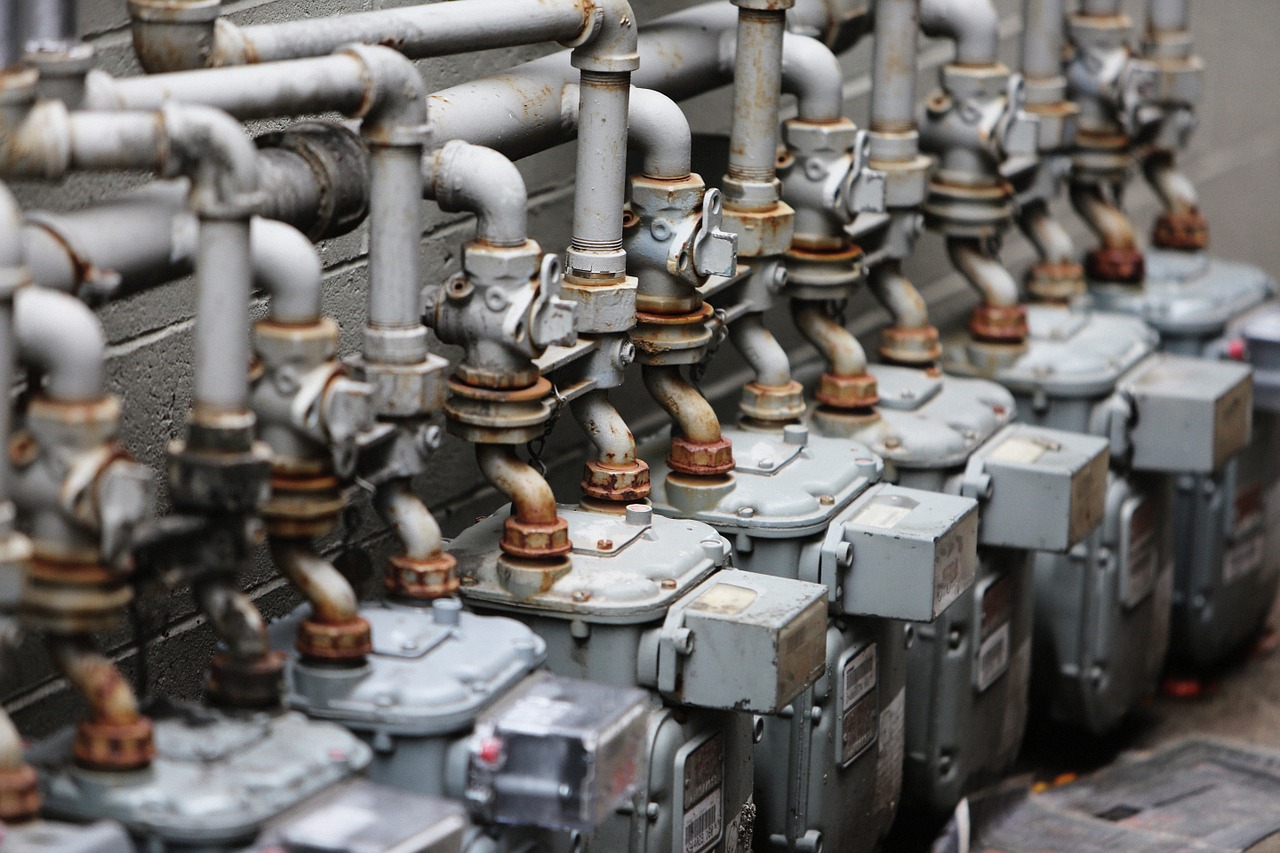
The Water Services Regulation Authority (Ofwat) is implementing its toughest restrictions on investor payouts by water firms in England and Wales.
Water companies are facing the toughest crackdown on investor payouts by Ofwat since privatization 30 years ago. Water firms are also being required to reduce the average customer bill by £50 over the next five years and to invest billions of pounds to improve their performance and reduce leaks.
Ofwat chief executive Rachel Fletcher said she was "firing the starting gun on the transformation of the water industry". She said: "Now water companies need to crack on, turn this into a reality and transform their performance for everyone."
The Ofwat initiative follows widespread dissatisfaction over the performance of many water companies in the past few years, with criticism focusing on some high profile pollution incidents as well as leaks, water quality and high bills.
Only three out of the 17 water firms in England and Wales were of an acceptable standard according to a review of water companies' performance in January.
The five-year plan by Ofwat will come into effect starting April 1, 2020 after draft determinations were set out in July. The tougher restrictions on the return on capital paid to investors are partly due to lower interest rates that make it cheaper for companies to borrow to invest.
Several factors were considered by Ofwat in its decision to cut bills over a five-year period, including the decision of water companies to expand with debt, their payment of high dividends to share holders and their failure to deliver high quality service.
According to the Financial Times, the water firms have accumulated a combined £51 billion in debt, and paid out £56 billion in dividends since privatization.
"This is the lowest allowed return on capital since privatization 30 years ago but is consistent with market expectations for returns in 2020-25," Ofwat said.






